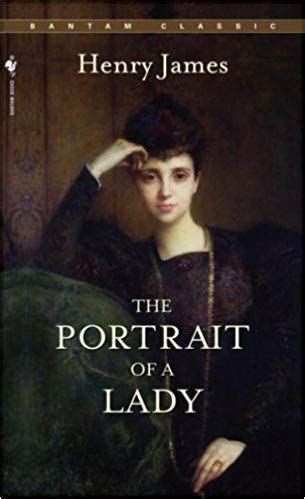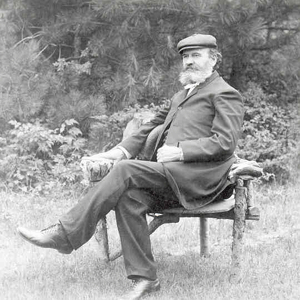A Quote by Paramahansa Yogananda
Gandhi has sound economic and cultural reasons for encouraging the revival of cottage industries, but he does not counsel a fanatical repudiation of all modern progress. Machinery, trains, automobiles, the telegraph have played important parts in his own colossal life! Fifty years of public service, in prison and out, wrestling daily with practical details and harsh realities in the political world, have only increased his balance, open-mindedness, sanity, and humorous appreciation of the quaint human spectacle.
Quote Topics
Appreciation
Balance
Colossal
Cottage
Counsel
Cultural
Daily
Details
Does
Economic
Encouraging
Fifty
Gandhi
Harsh
His
Human
Humorous
Important
Important Part
Increased
Industries
Life
Machinery
Modern
Only
Open
Open-Minded
Out
Own
Parts
Played
Political
Practical
Prison
Progress
Public
Public Service
Quaint
Realities
Reasons
Revival
Sanity
Service
Sound
Spectacle
Telegraph
Trains
World
Wrestling
Years
Related Quotes
Private property is a natural fruit of labor, a product of intense activity of man, acquired through his energetic determination to ensure and develop with his own strength his own existence and that of his family, and to create for himself and his own an existence of just freedom, not only economic, but also political, cultural and religious.
Modern economics is sick. Economics has increasingly become an intellectual game played for its own sake and not for its practical consequences for understanding the economic world. Economists have converted the subject into a sort of social mathematics in which analytical rigour is everything and practical relevance is nothing.
Everyone has an equal and absolute right to sovereignty over his own body, his own property, and his own life, and to pursue his own happiness in any way that he chooses. No one has the authority to grant rights to anyone else, because human beings already possess all natural rights at birth. These rights include both personal and economic freedoms, and the only way they can be lost is if someone takes them away by force. The only right that an individual does not naturally possess is the right to violate someone else's liberty.
Many people have written about the economic meaning of globalization; in One World Peter Singer explains its moral meaning. His position is carefully developed, his tone is moderate, but his conclusions are radical and profound. No political theorist or moral philosopher, no public official or political activist, can afford to ignore his arguments.
No man is so foolish but may give another good counsel sometimes; and no man is so wise, but may easily err, if he will take no others counsel but his own. But very few men are wise by their own counsel; or learned by their own teaching. For he that was only taught by himself had a fool to his master.
The only time the private parts of someone's life are relevant is when they're affecting public performance. And just because someone is a public person doesn't mean that any part of his or her private life is open to scrutiny. If someone is doing his or her job, you have to have enough empathy to understand that we all have personal problems.
The believer is sensible of his infirmities, for it is supposed that he is wrestling under them. He sees, he feels, that he is not man enough for his work; that his own hands are not sufficient for him, nor his own back for his burden; this is what drives him out of himself to the grace that is in Christ Jesus. And thus he lies open to the help of the Spirit, while proud nature in unbelievers is left helpless.
Every young man should aim at independence and should prepare himself for a vocation; above all, he should so manage his life that the steps of his progress are taken without improper aids; that he calls no one master, that he does not win or deserve the reputation of being a tool of others, and that if called to public service he may assume its duties with the satisfaction of knowing that he is free to rise to the height of his opportunity.
When Private Bradley [aka Chelsea] Manning put his conscience ahead of his personal well-being by allegedly releasing important information to the world's public via WikiLeaks, he was put into an inhumane solitary confinement and is now facing charges that carry the possibility of him spending the rest of his life in prison.
For out of this modern civilization economic royalists carved new dynasties. New kingdoms were built upon concentration of control over material things. Through new uses of corporations, banks and securities, new machinery of industry and agriculture, of labor and capital - all undreamed of by the Fathers - the whole structure of modern life was impressed into this royal service.










































